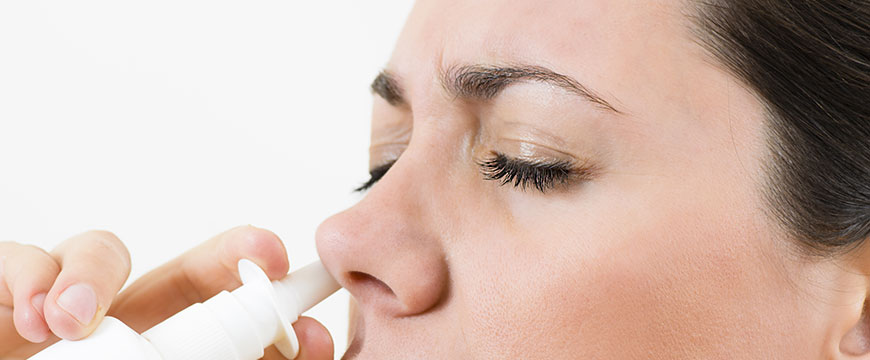
Keeping your allergies under control is the main part of being healthy. You can avoid asthma triggers to prevent symptoms, which is the most important thing. Therefore, carrying a relief inhaler everywhere you go is perfect. Long-term control of medicines that you do every day can help you prevent asthma control and symptoms.
However, allergy medicine can be pricey, regardless if you have insurance or not. If multiple members of the family have asthma, the cost is greater. Your house can be stocked with several kinds of inhalers and pills for everyone.
The allergy doctor might also recommend cheaper generic medicine that you can try. You can read further to know more.
Try Acupuncture
In ancient Chinese therapy, an expert will stick tiny needles and a lot of people say that, painlessly, into your skin at certain points. The acupuncture studies for allergy treatment have shown different results, with most rigorous studies that show modest clinical benefits. Acupuncture might be a good option for interested patients who have mild diseases and want to minimize the use of medication and find therapy costs acceptable.
Compare the Prices of Pharmacy
You can call different pharmacies. The prices could vary, especially between big chain pharmacies and smaller pharmacies. The pharmacies are found in club stores, and they are generally available to non-members as well. You can try comparing prices. Your insurance might have prescription benefits you can use. You can look into the pharmacy options, and this can give you a lower price or provide medicine at the same price.
Saline Rinse
In order to clear pollen from nasal passages. There are several varieties you can buy, from neti pots to special sprayers, and also electronic devices. You should talk to your healthcare provider regarding the best options available for you.
Change Insurance Plans
If you buy insurance on the insurance marketplace, you should stay updated with enrollment deadlines. In case your family’s income is below a particular level, you might be offered a different type of insurance that can also be for your children. This will depend on the state you live in and if you are insured privately through work, check if you can shop under open enrolment.
Allergy-Proof Your Home
You cannot prevent pollen from blowing. However, you have a bit of control over what will happen inside your home. Keep the windows shut when there is pollen in the air. You can turn on the air conditioner. You can change your clothes prior to going inside your house.
Choose Generic
A lot of common over-the-counter allergy medications can be bought in their original form. Most of the time, there are generic forms of allergy meds, which are a lot cheaper.
Protect Yourself
In case it is allergy season, you should control your triggers. Do not perform outdoor activities when there is a high pollen count. The majority of pollen will peak between 5 to 10 am every day, and it can also be high during midday when it is windy and warm. Anytime you do gardening or cleaning, you should wear a dust mask and sunglasses so you can keep allergens out of your mouth, nose, and eyes.
Take Advantage of Coupons
Most of the time, stores offer coupons if you buy their brand products. You should stock up when you see coupons and then use them every time you buy allergy medicine. This way, you will end up spending a lot less.
You can go to an allergy clinic Germantown MD anytime.






